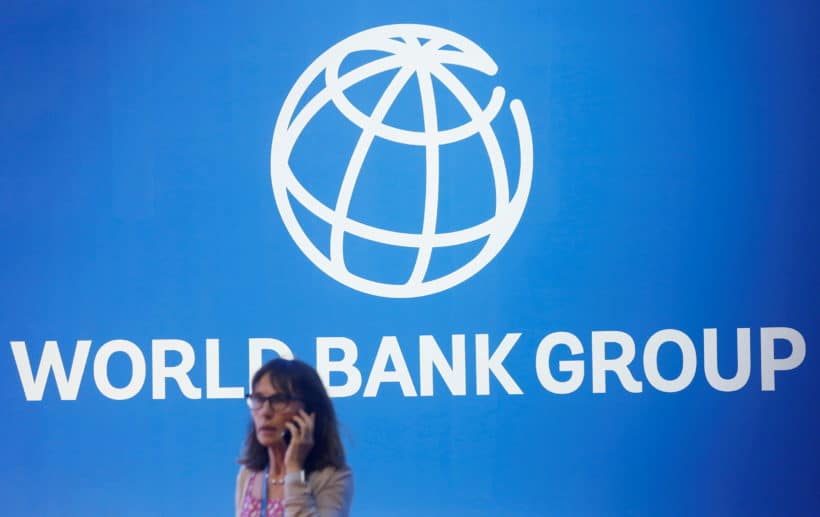
WASHINGTON, March 6 (Reuters) – The World Bank is pausing future work with Tunisia after statements by the country’s president on migrants from African countries triggered racist harassment and violence, World Bank President David Malpass told staff in a note seen by Reuters.
In the note, sent late Sunday, Malpass said the bank was pausing Tunisia’s Country Partnership Framework, which mapped out future programs from 2023-2025, and had postponed until further notice a March 21 board meeting to review that new strategic engagement. Current work was continuing, he said.
He said the World Bank viewed the situation as deeply concerning, but viewed steps announced by the Tunisian government to protect and support migrants and refugees as a positive step and would be monitoring their impact.
“The safety and inclusion of migrants and minorities is part of our institution’s core values of inclusion, respect, and anti-racism in all shapes and forms,” Malpass wrote. “Public commentary that stokes discrimination, aggression, and racist violence is completely unacceptable.”
Tunisian President Kais Saied on Sunday denounced racism on Sunday and pointed to possible legal consequences for those attacking migrants 10 days after announcing a crackdown on migration using language the African Union condemned as “racialized hate speech.”
According to a Feb. 21 Facebook post, Saied called on security forces and authorities to detain and deport immigrants, and he called migration a conspiracy to change Tunisia’s demographics by making it “only an African country” without an affiliation to the Arab and Islamic world.
Police subsequently detained hundreds of migrants, landlords summarily evicted hundreds from their homes and hundreds of others were fired from work, the Tunisian Forum for Economic and Social Rights (FTDES) said.
Reuters spoke to migrants who said they had been attacked in their neighborhoods and saw several other videos of migrants with face injuries saying they had been attacked.
Malpass said Tunisia has “long-standing traditions of openness and tolerance” and the bank would remain fully engaged in the country and working to help create better lives for all people, whether citizens, residents, or immigrants.
He said the bank was working to ensure the safety of all its staff in Tunisia, and especially Africans, including through additional security measures.
The safety measures could affect delivery of World Bank programs, but “staff safety will override program-related concerns,” Malpass said.
The World Bank has been a major donor to Tunisia, helping it finance food imports and business development as the government seeks an International Monetary Fund bailout for it state finances.
Saied on Monday issued a video showing him reminding Interior Minister Taoufic Charfeddine of the importance of upholding rights and freedoms. The foreign ministry also held a news conference to again reject accusations of widespread racism in Tunisia.
(Reporting by Andrea Shalal; additional reporting by Angus McDowall; Editing by Aurora Ellis)

